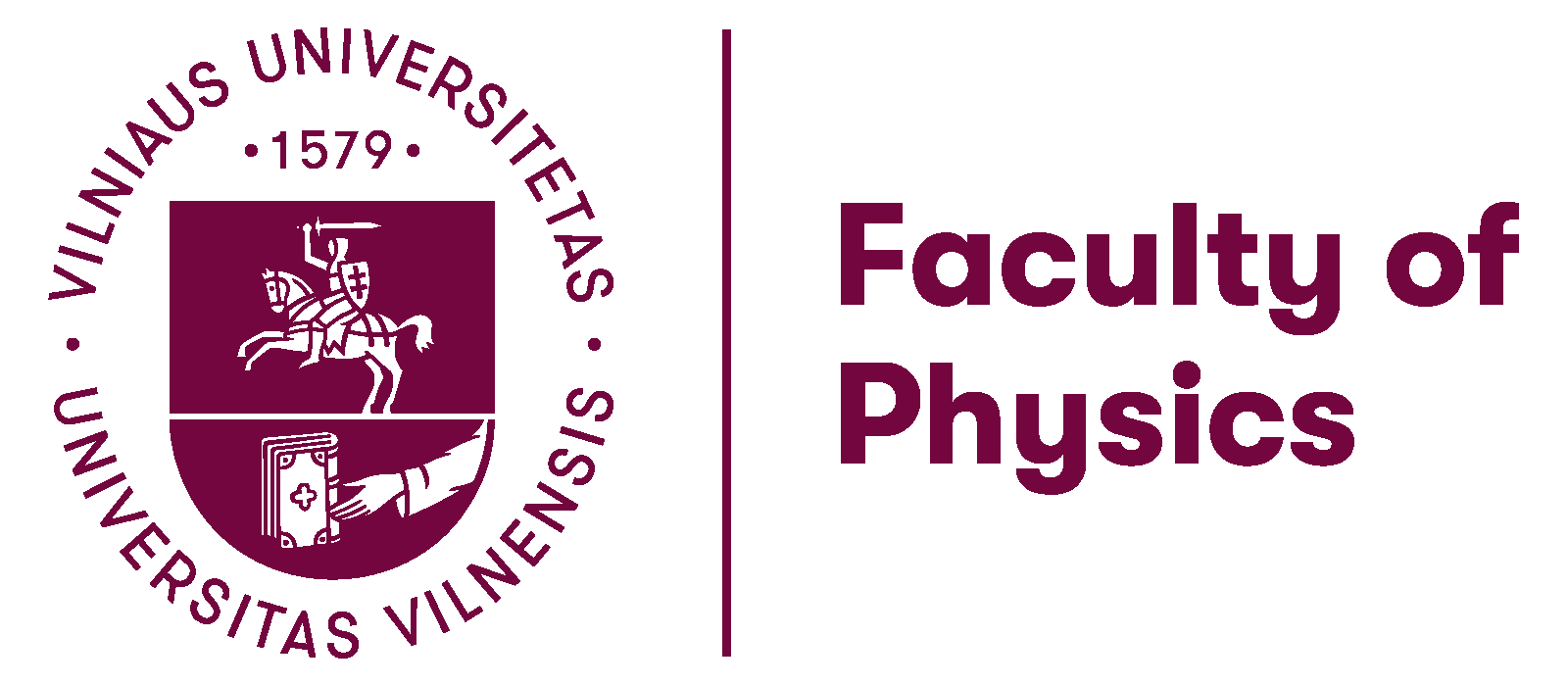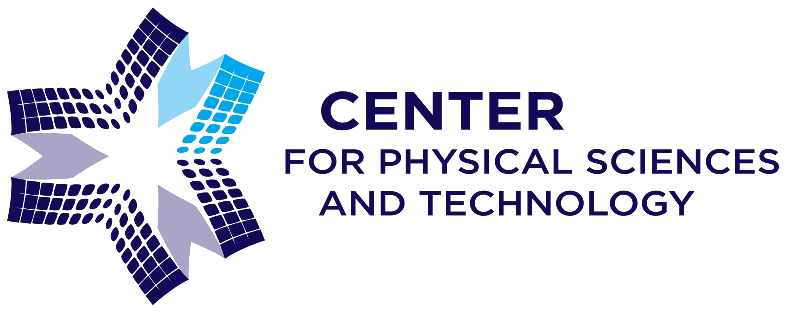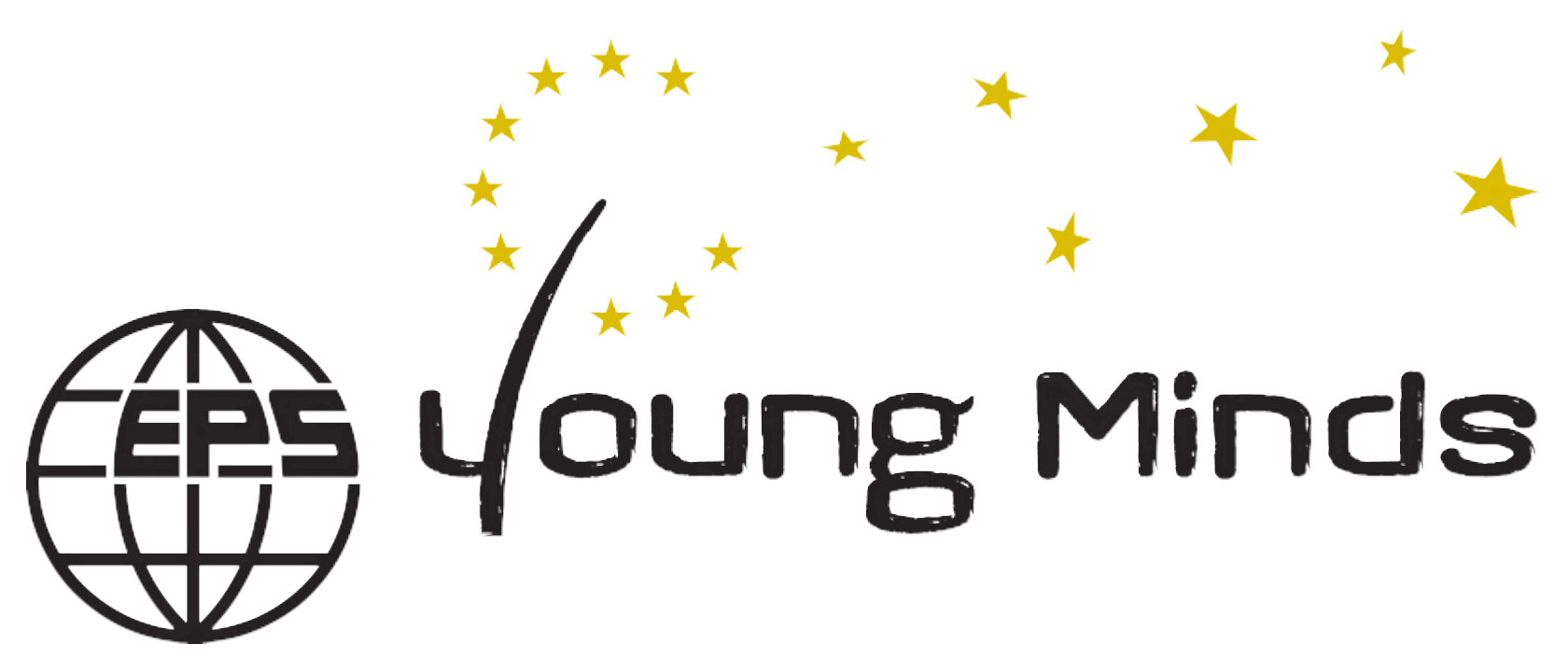Prof. Michèle Heurs has a degree in Physics from Leibniz University Hannover (LUH) and has completed her PhD at the Institute for Gravitational Physics Hannover. For several years she has worked as a postdoctoral researcher at the Institute for Gravitational Physics Hannover and later became a Research Fellow at the University of New South Wales at the Australian Defense Force Academy (Canberra, Australia), in the Quantum Electronics group of Prof. Elanor H. Huntington. Michèle Heurs became a junior professor at Leibniz University Hannover in 2010 and since 2016 holds a permanent professorship there.
Prof. Michèle Heurs’s research focuses on non-classical laser interferometry, quantum metrology and quantum opto-mechanics, including ‘squeezed light’ precision measurements. M. Heurs exploits the Heisenberg uncertainty principle to reduce the noise in one measurement quantity, at the cost of increasing the noise in another. This allows to increase the precision of measurements to below the quantum level. Examples of such sensitive measurements are gravitational wave detection, where quantum noise already limits the measurement sensitivity over much of the detection band, but also applications in ultra-high precision spectroscopy, and quantum information, amongst others. Currently Prof. Michèle Heurs is the leader of the Quantum Control Group at the Institute for Gravitational Physics Hannover.
M. Heurs is a long-term member of the LIGO Scientific Collaboration and has been a Council Member there since 2015. She is currently Dean of the QUEST Leibniz Forschungsschule, as well as acting co-speaker and Principle Investigator of the Cluster of Excellence ‘QuantumFrontiers‘. In 2017 Prof. Michèle Heurs received a Leibniz University award for excellent teaching.
Photo source: Institute for Gravitational Physics





